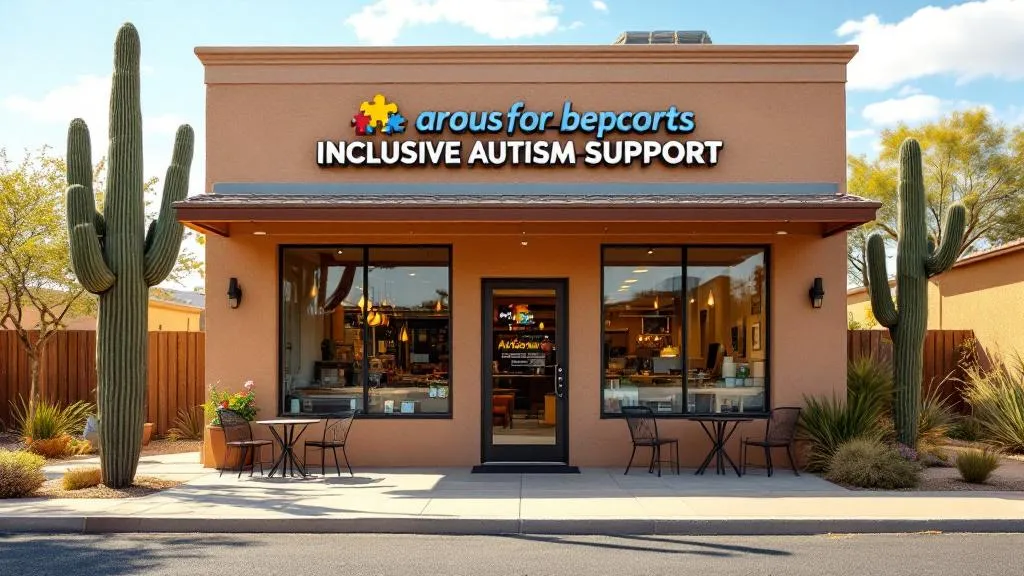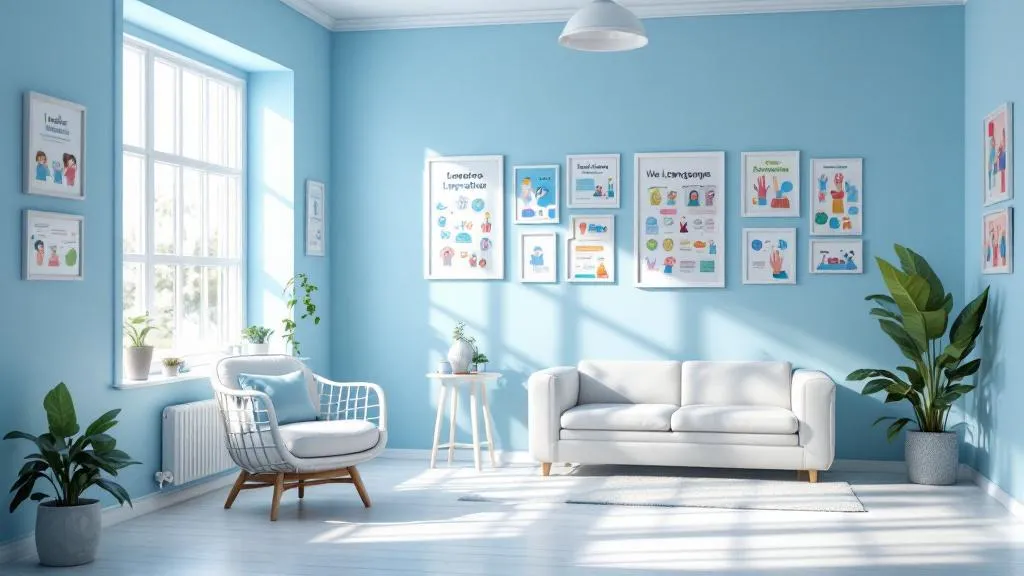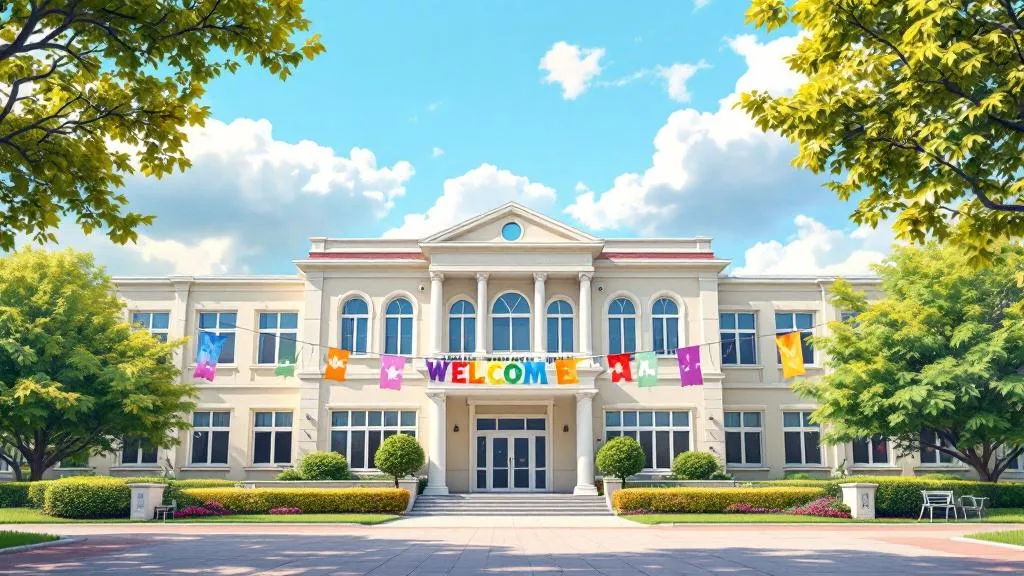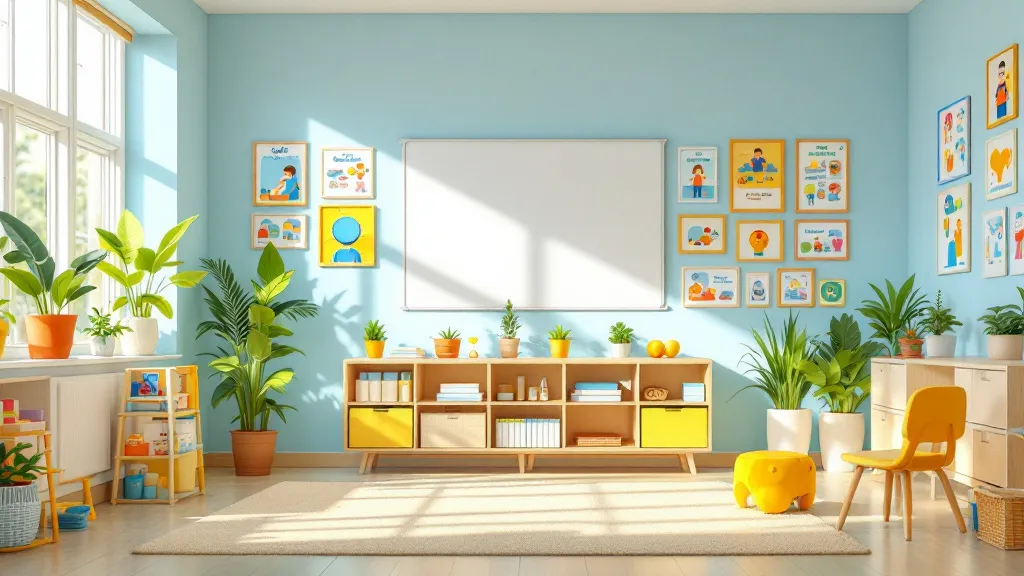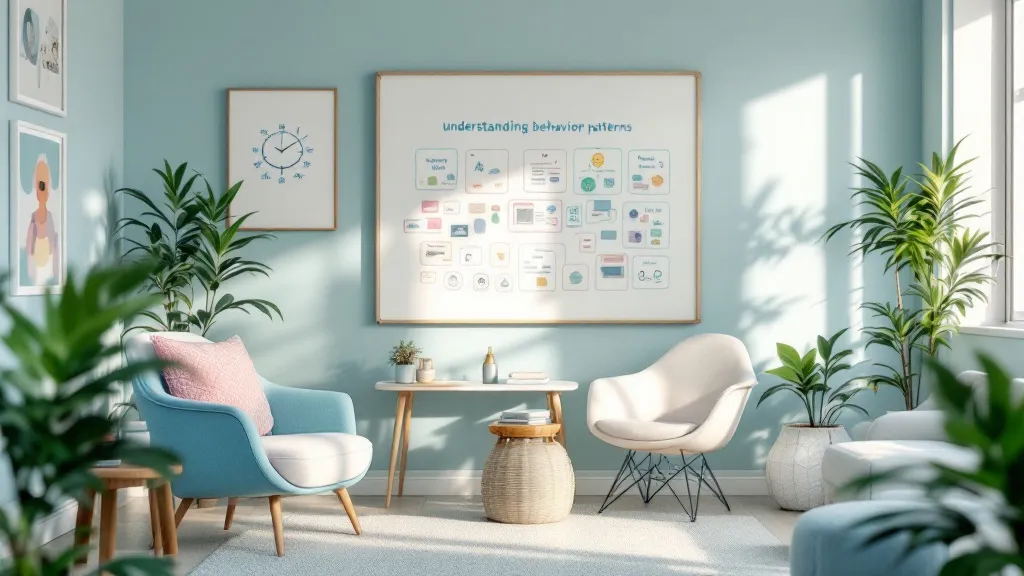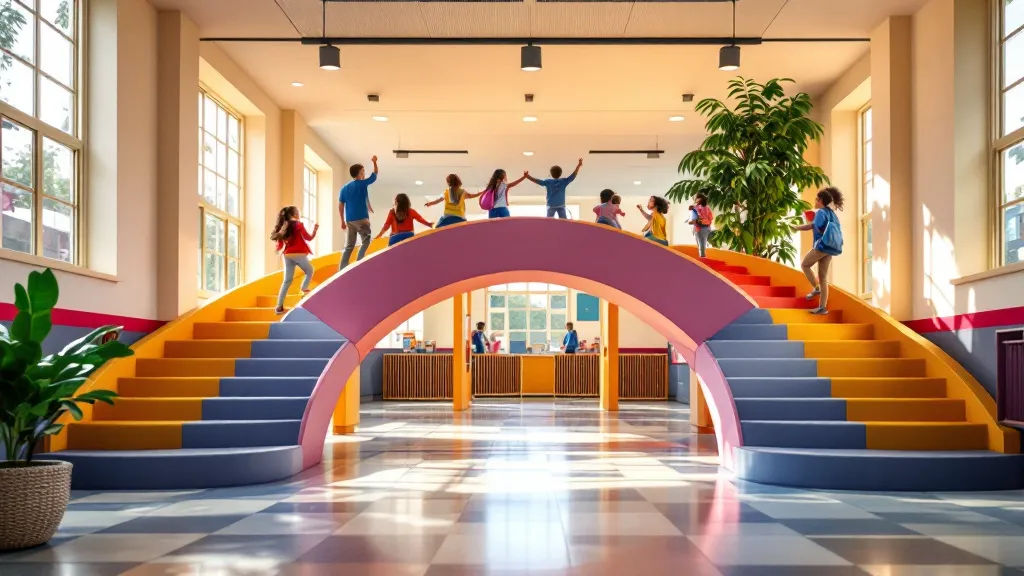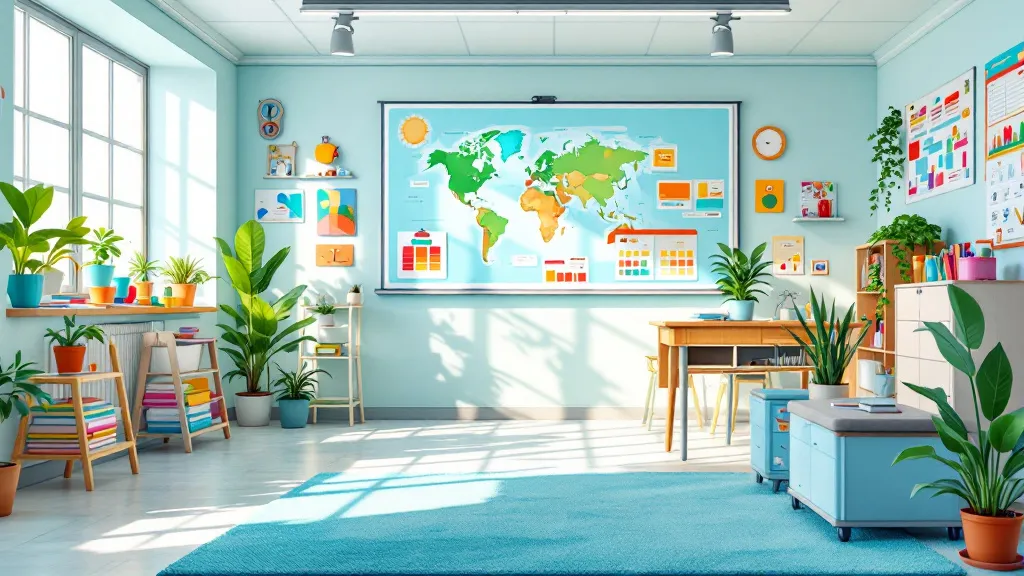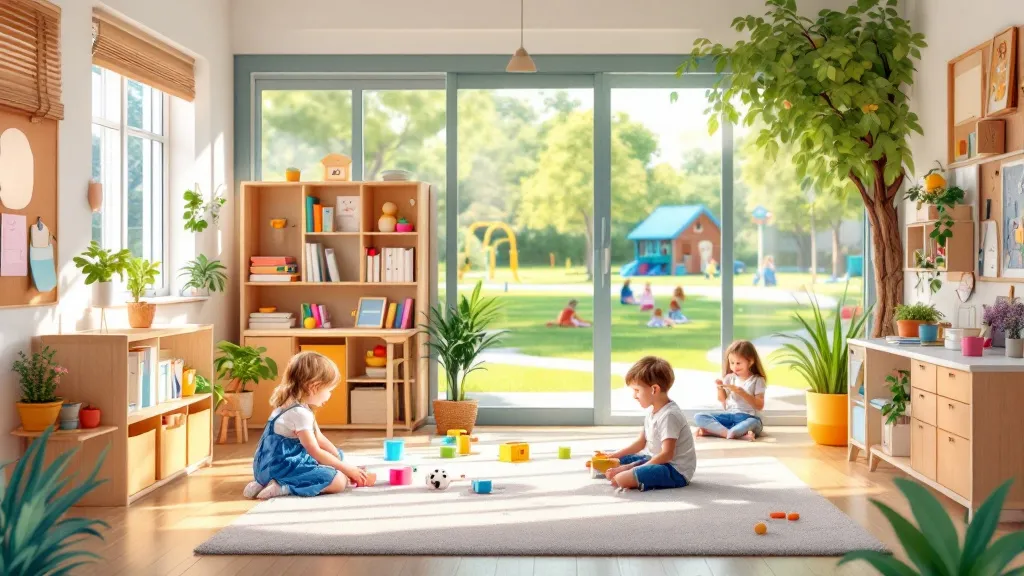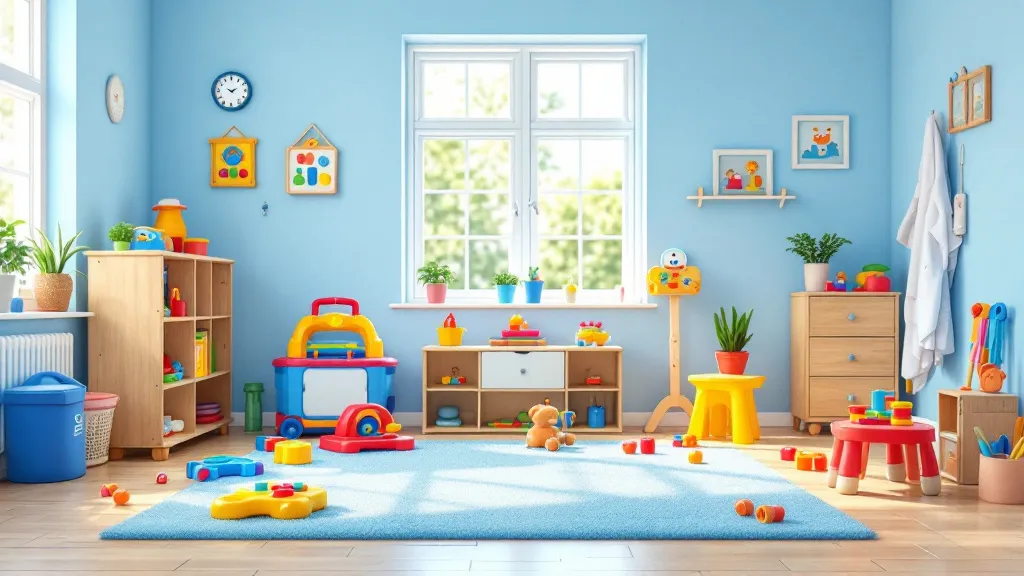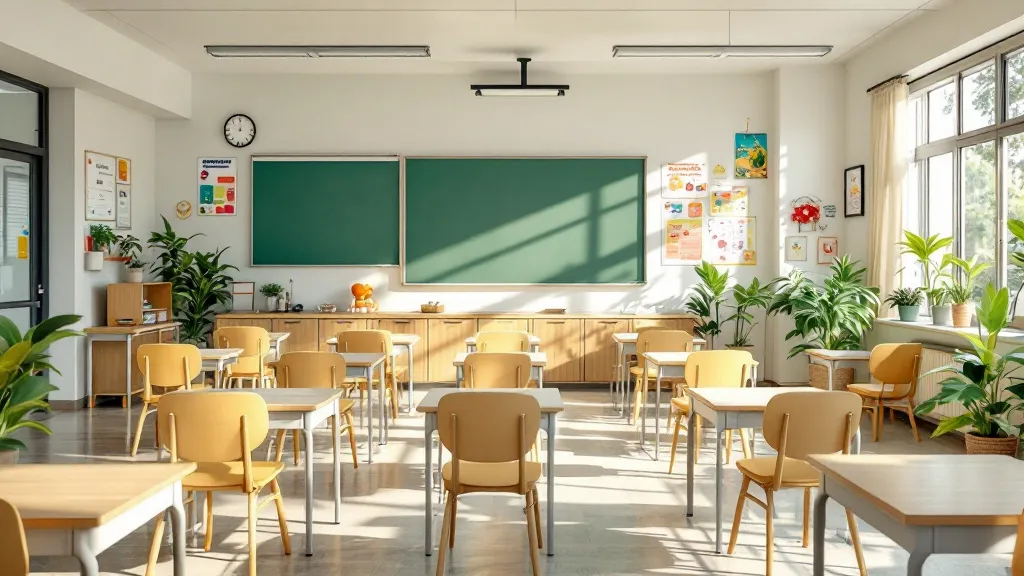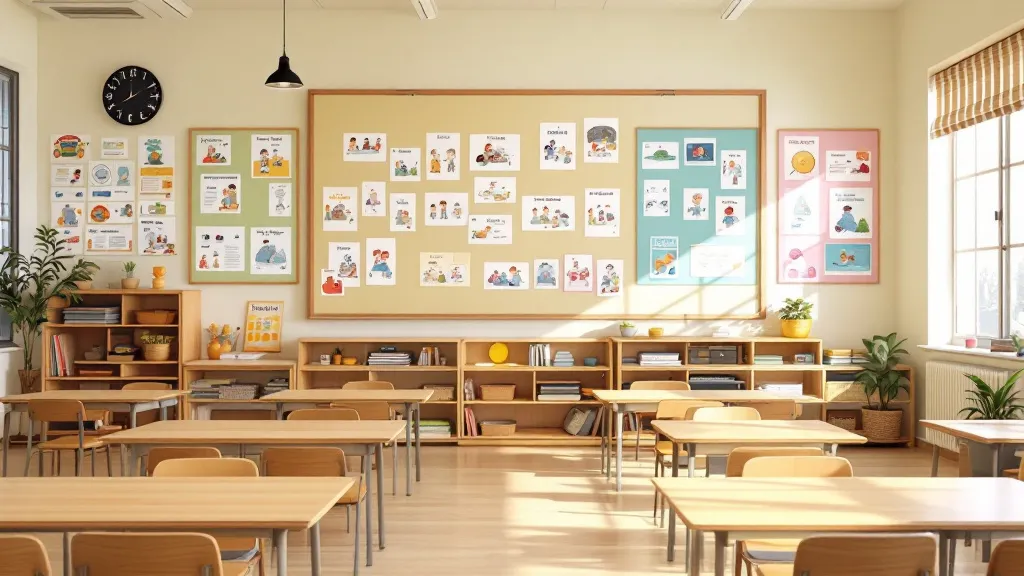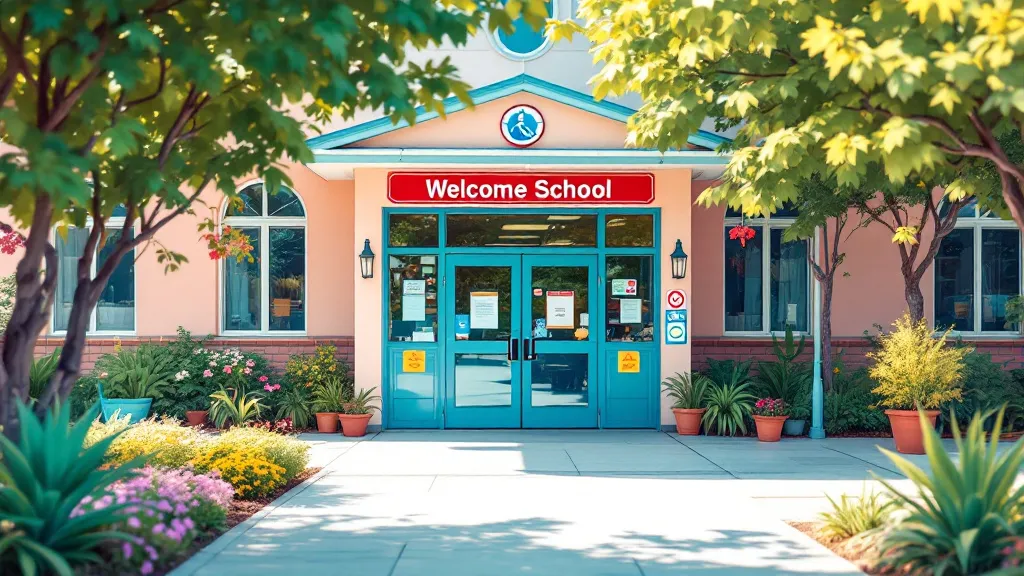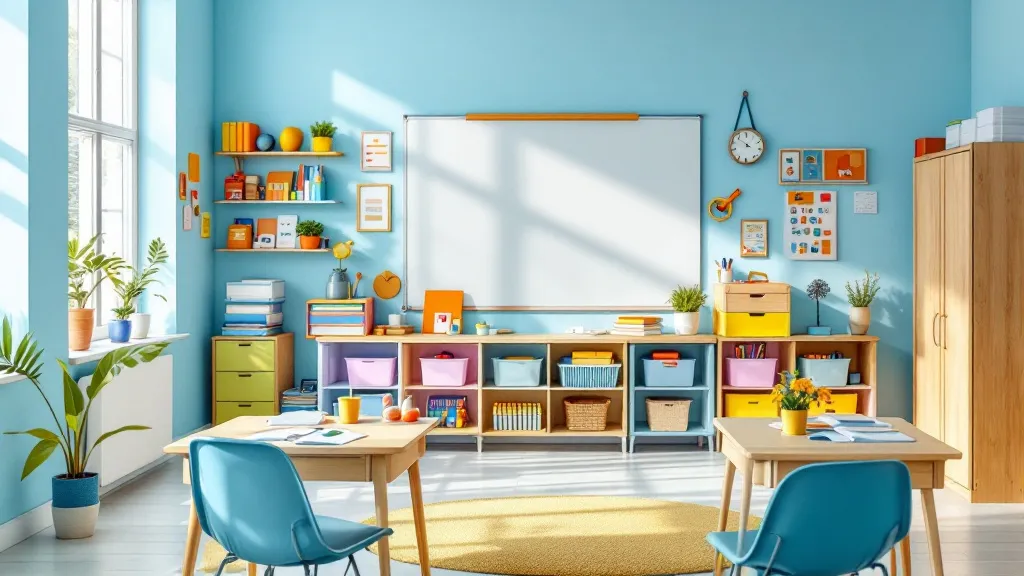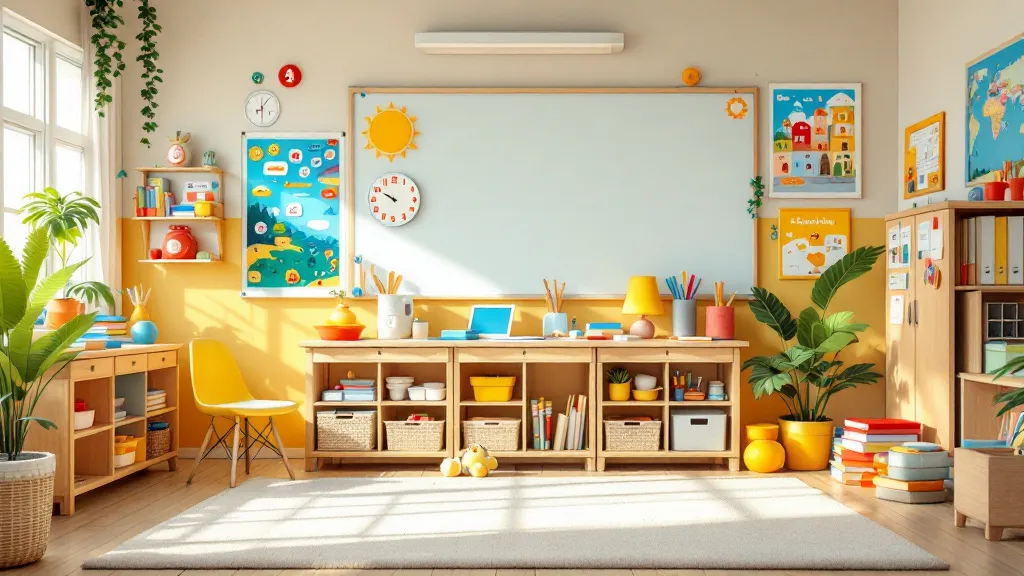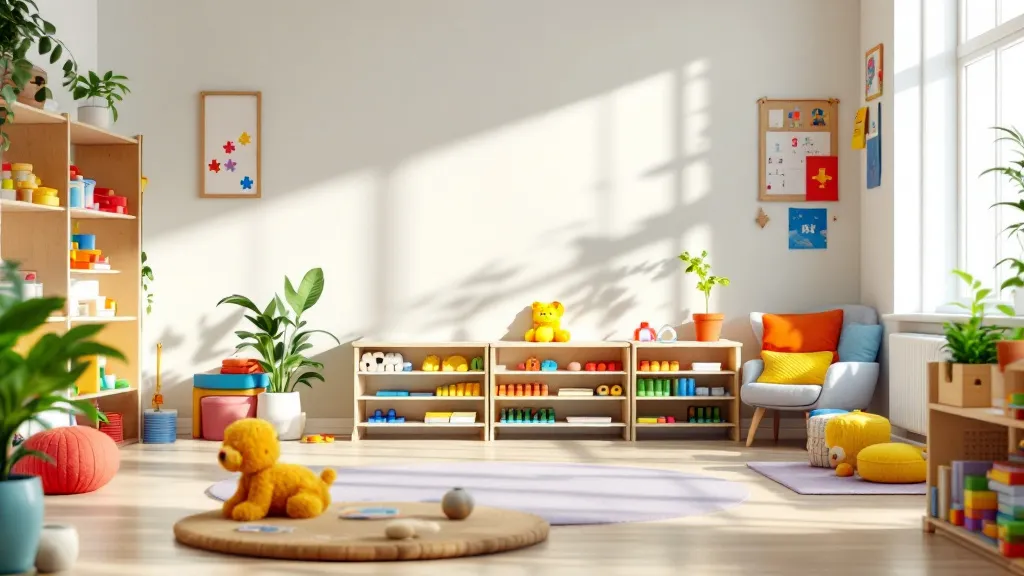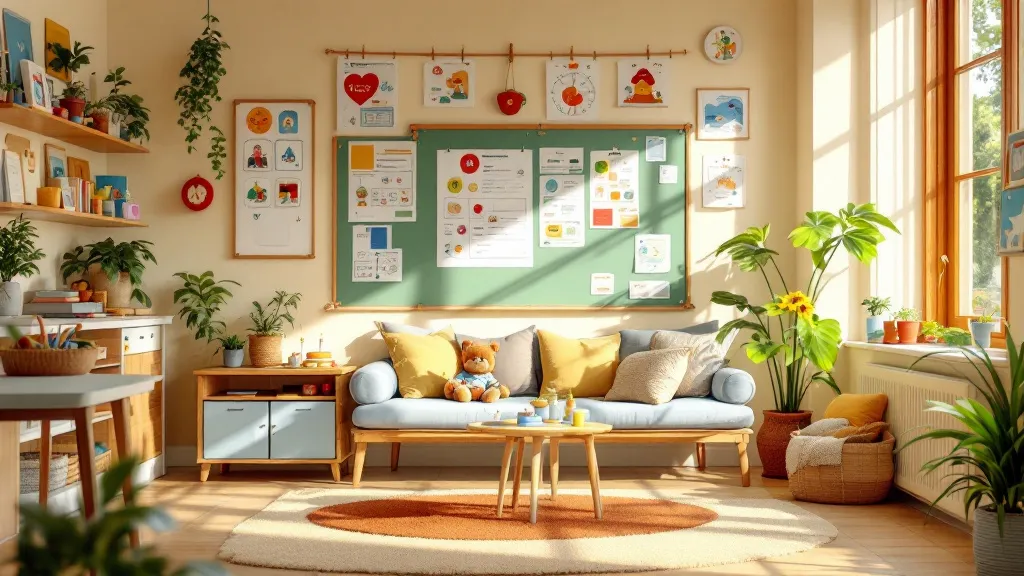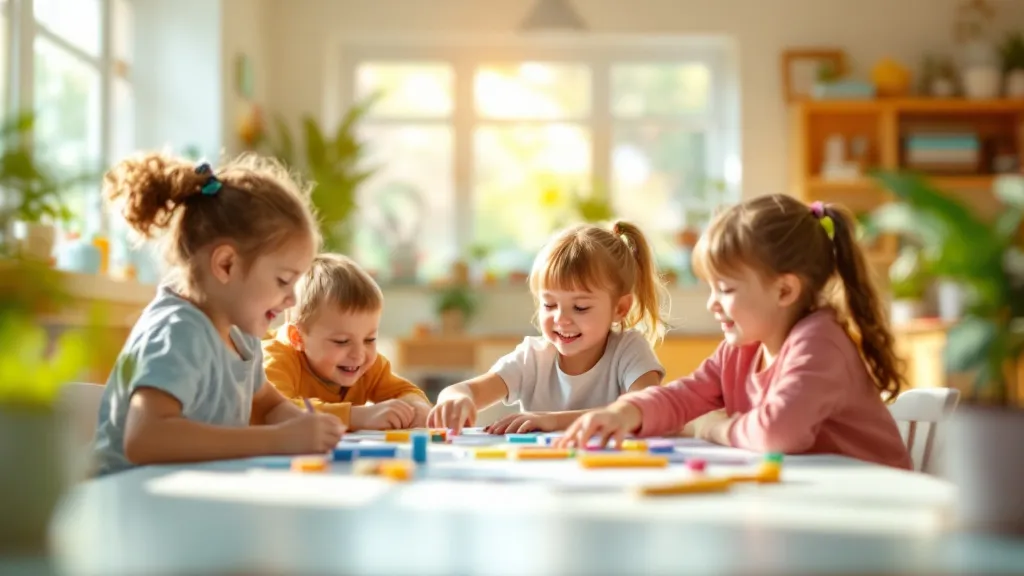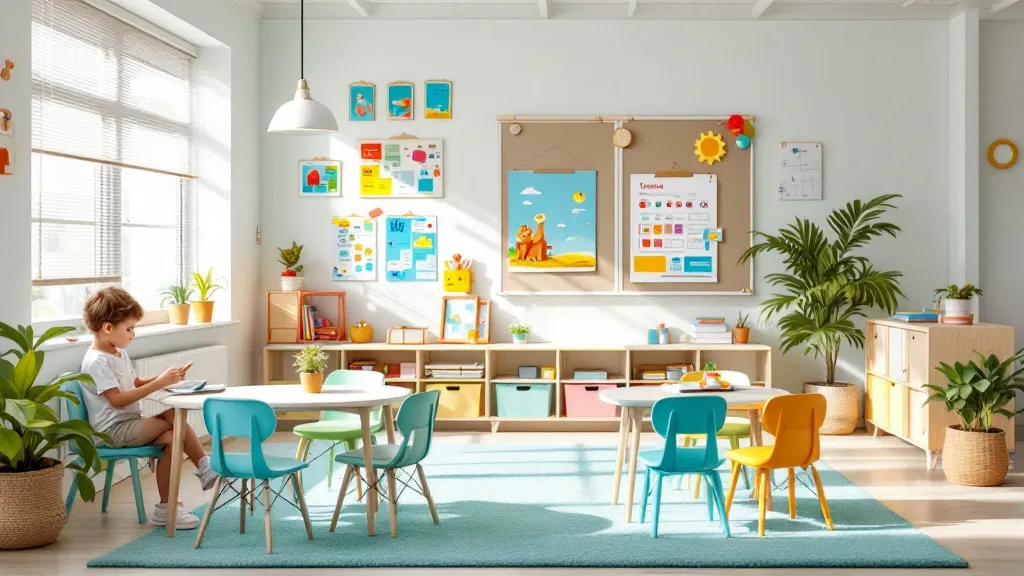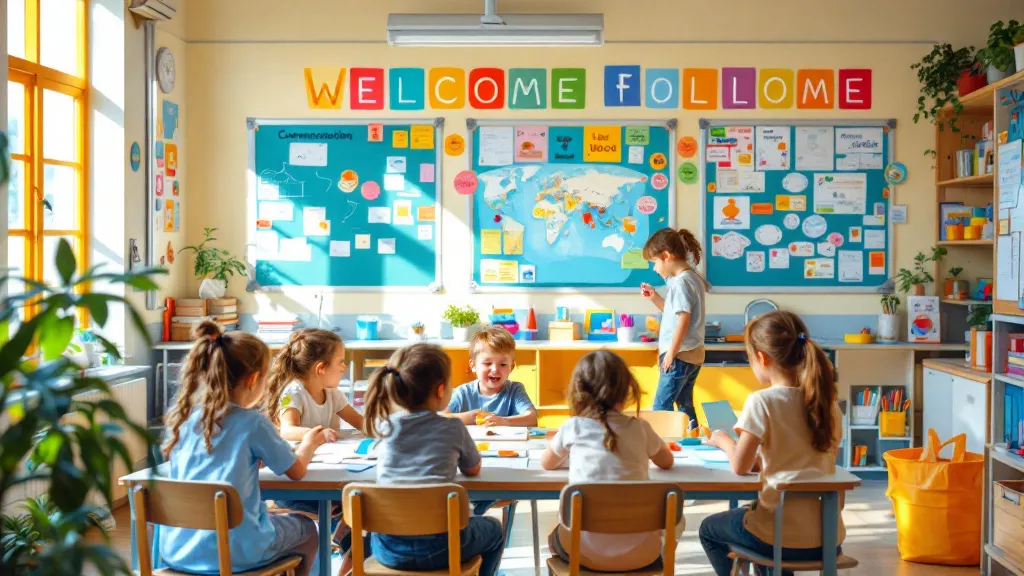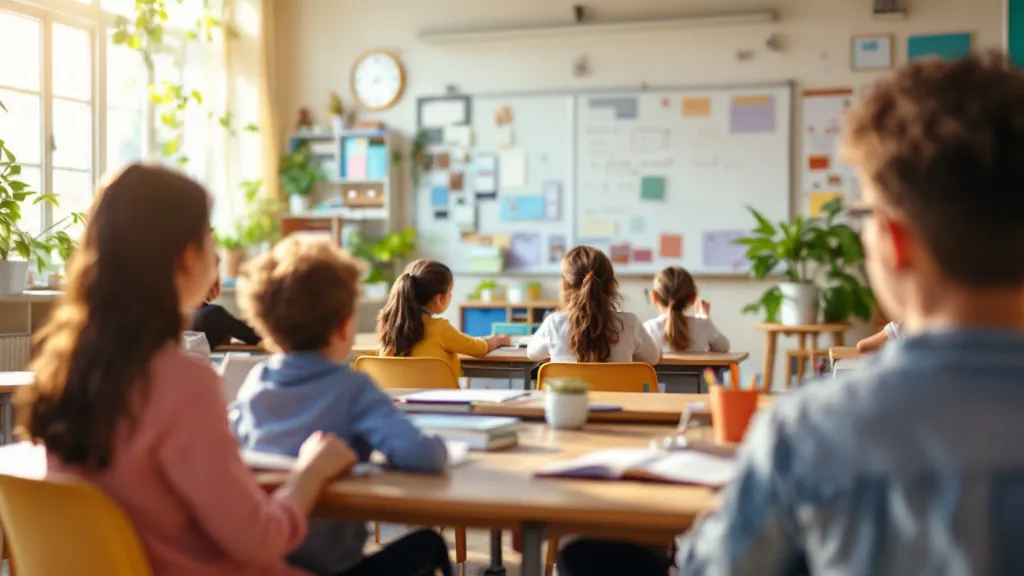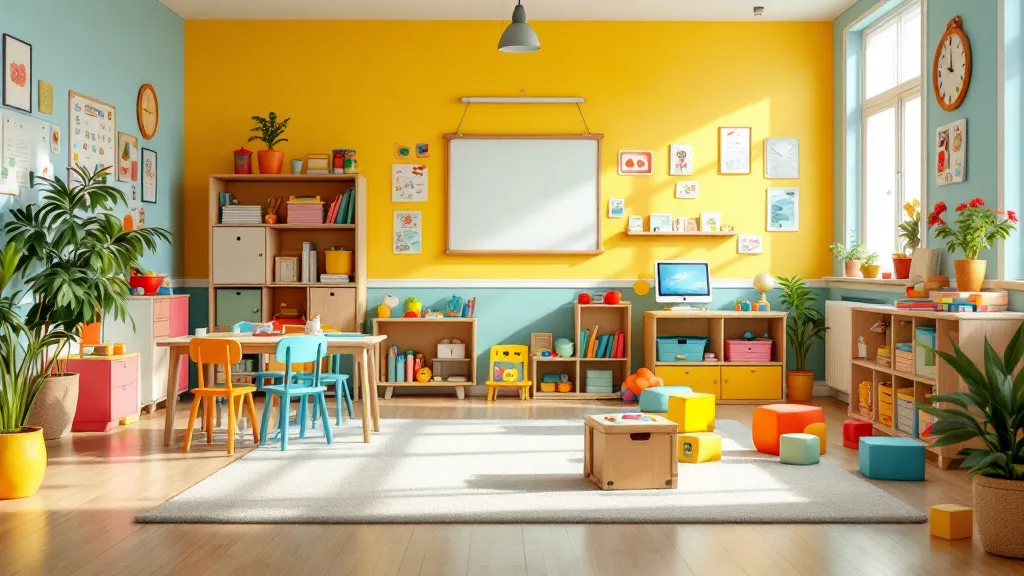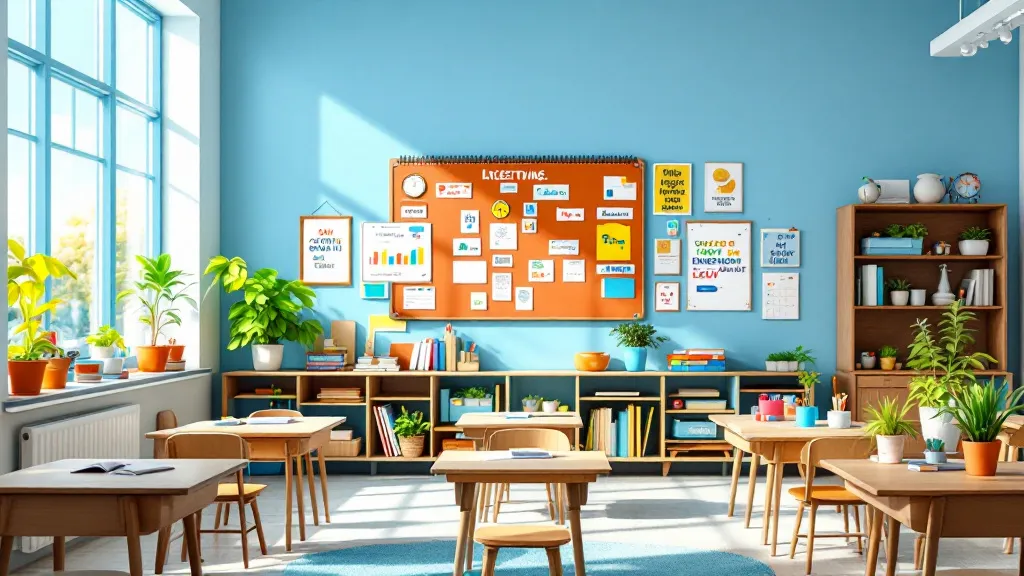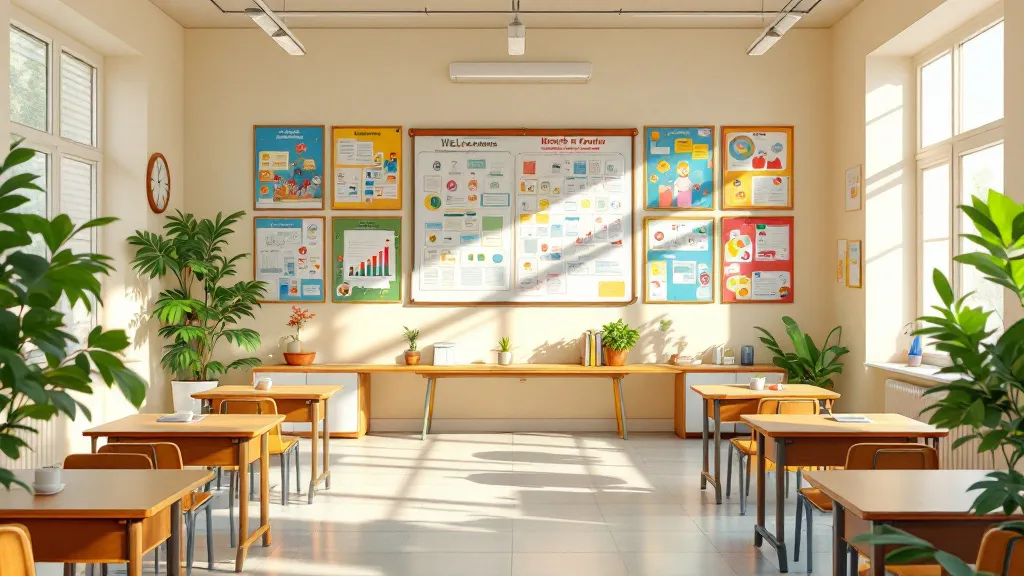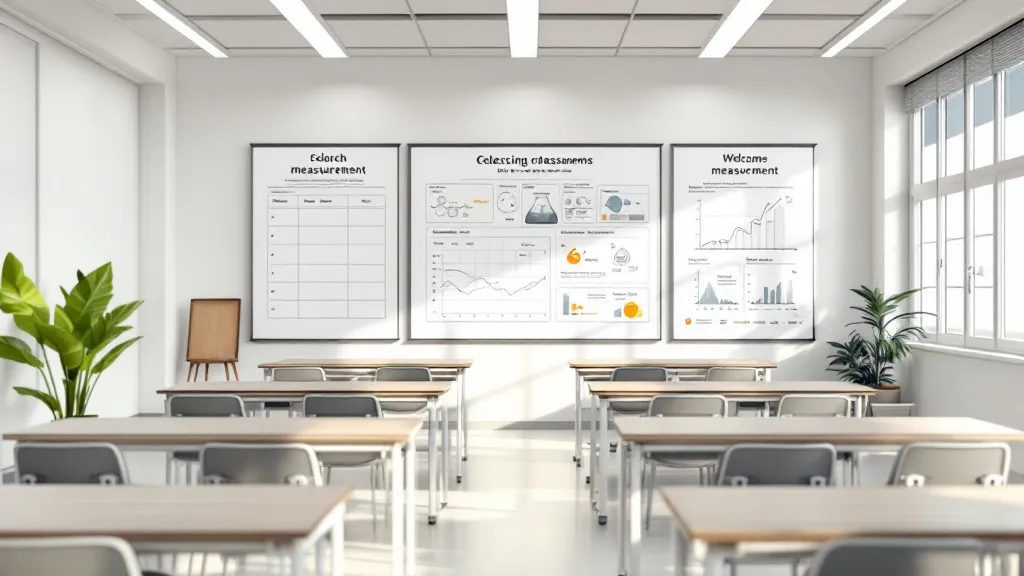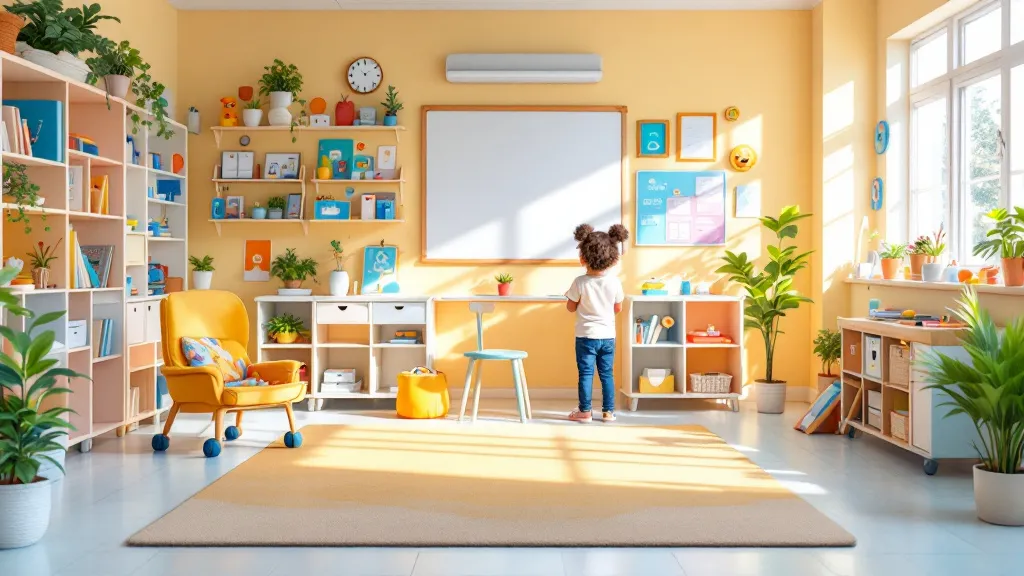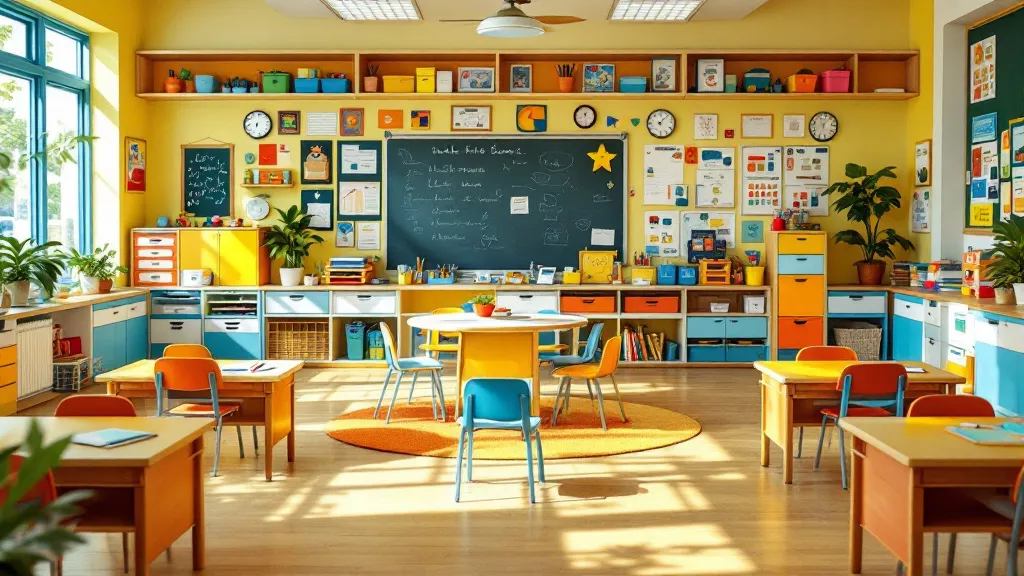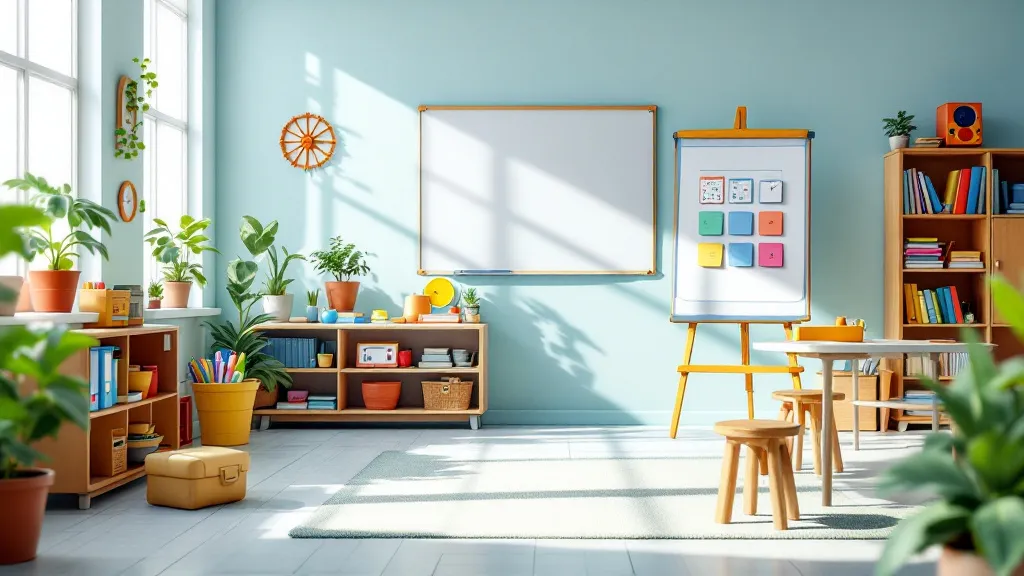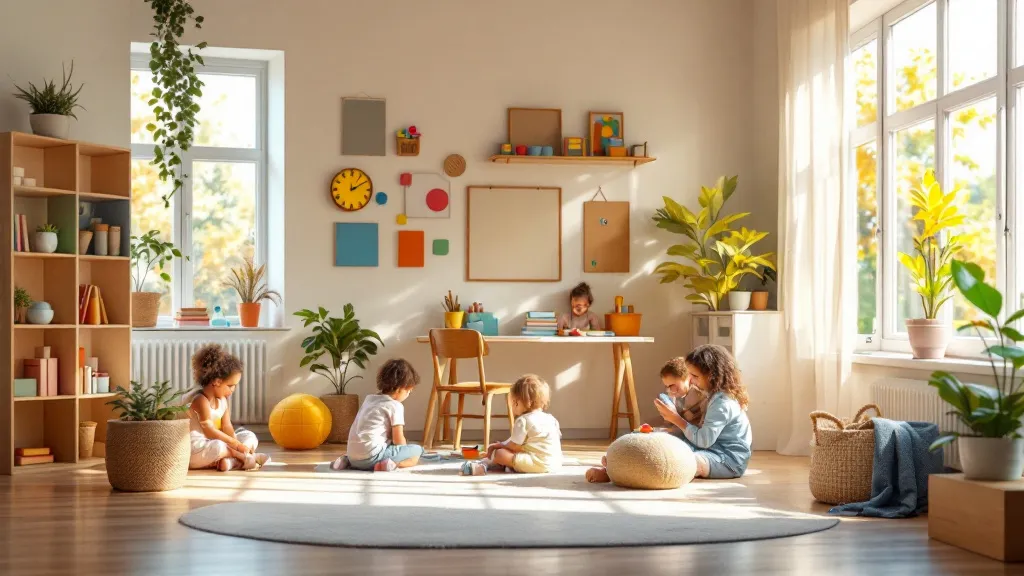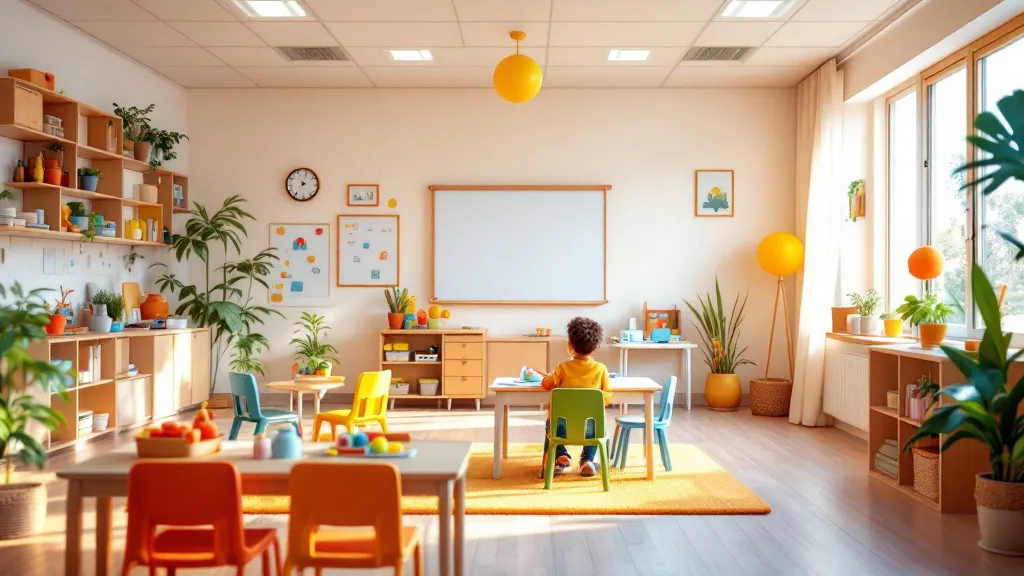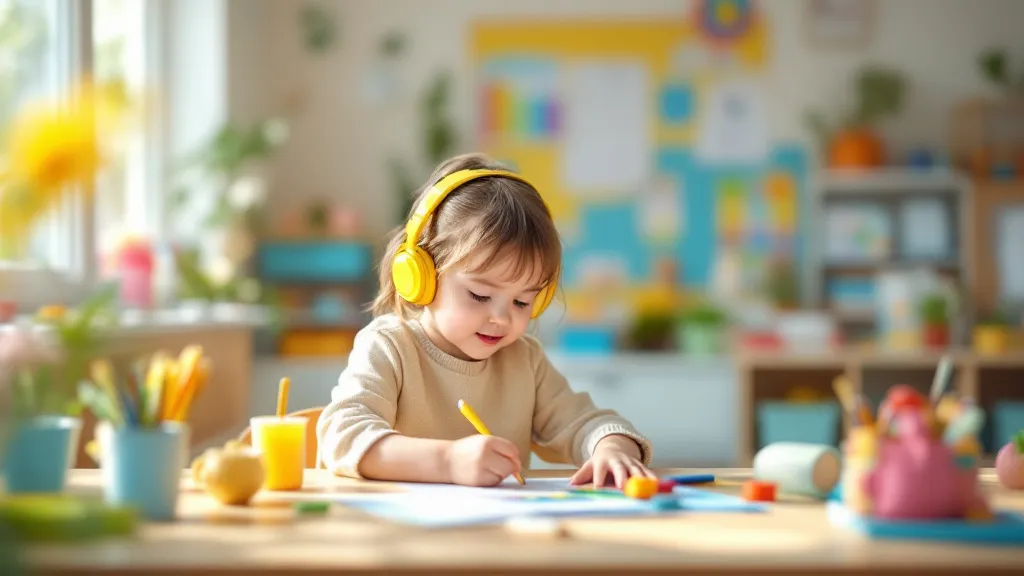Supporting generalization of academic skills
Ensuring Skill Transfer Across Varied Contexts

Unlocking the Power of Generalization in Education
Supporting the generalization of academic skills is vital for fostering lifelong independence and adaptability among learners. It involves strategies and frameworks designed to enable students to transfer learned behaviors and knowledge seamlessly across different environments, people, and situations. By understanding the principles and implementing research-backed practices, educators can bridge the gap between classroom learning and real-world application, ensuring that skills are not only acquired but also maintained and adapted over time.
Fundamental Concepts of Skill Generalization

What is the general concept of skill generalization?
Skill generalization refers to the ability of an individual to apply a learned skill or behavior across various settings, with different people, and at different times. It is crucial because it supports independence by allowing individuals to adapt their skills beyond the initial training environment. By promoting generalization, educators and caregivers ensure that skills are not confined to specific contexts but are useful in real-life situations. Strategies that support this include using varied teaching materials, incorporating multiple settings, and gradually increasing flexibility in training sessions once the skill is mastered.
Effective reinforcement methods, like uneven reward schedules and initial structured teaching, enhance the likelihood that skills will be transferred and maintained over time. Ultimately, generalization is vital for helping individuals, especially those with special needs, to operate successfully and confidently in their daily lives.
How can educators support the generalization of academic skills across different environments?
Support for academic skill generalization involves multiple strategies. Teachers can teach multiple examples and vary prompts with different phrases so students recognize the core concept regardless of the format. Exposing students to different settings and involving diverse communication partners—such as parents, peers, and other educators—encourages transfer of skills outside the original context.
Incorporating naturalistic and play-based activities aligned with students’ interests creates meaningful practice opportunities that foster real-world application. Practical tools for caregivers, including routine integration and natural environment teaching, help reinforce skills outside structured instruction.
Focusing on functional targets and leveraging everyday learning opportunities further promotes ongoing and versatile use of academic skills across settings and situations.
What strategies can be used to promote skill generalization in educational settings?
To foster generalization, educators should use multiple exemplars across different contexts and stimuli. This helps learners identify the essence of a skill or concept rather than relying on specific cues. Prompting techniques like modeling, expansion, and responsive interactions facilitate the transfer of skills.
Involving caregivers, peers, and teachers in reinforcement across natural environments ensures consistency. Varying teaching routines and practicing in diverse settings—home, school, community—strengthens the durability of skills.
In addition, conducting generalization probes after teaching helps verify whether skills have been transferred successfully to new situations, guiding further instruction.
What are some research-based practices and instructional routines for enhancing generalization?
Research supports practices like teaching multiple examples and using naturalistic methods such as Enhanced Milieu Teaching, which involves responsive interactions, modeling, and prompts within observe routines and play. These approaches promote language development and the transfer of skills to everyday contexts.
Systematic variation in instructions, prompts, and environmental arrangements encourages learners to generalize. Including caregivers and families in training ensures consistency in reinforcement and transfer of skills.
Generalization probes are essential to check if behaviors are maintained across untrained settings, and focusing on meaningful, functional targets further sustains learning.
How does generalization support the transfer of cognitive, social, and executive functioning skills?
Generalization extends beyond basic skills to cognitive, social, and executive functions by enabling individuals to adapt learned behaviors across environments and interact successfully in diverse situations. This transfer involves both stimulus generalization (applying skills to new stimuli) and response generalization (adapting responses flexibly).
It promotes neural connections and behavioral flexibility, which underpin problem-solving and social interactions. Planning, practicing in varied settings, and involving multiple people reinforce neural pathways necessary for transfer. Neurocognitive processes, such as cognitive flexibility—important for reapplying strategies—are integral to this transfer.
Successfully fostering generalization enhances real-world functionality, reduces frustration, and supports greater independence across daily activities.
What challenges and benefits are associated with promoting skill generalization?
While promoting generalization can be challenging—due to the tendency for skills to remain context-specific—the benefits are substantial. They include increased independence, consistency in behavior, and adaptability. Well-designed interventions that incorporate multiple mediators, varied practice, and simulated real-life scenarios significantly improve the chances of successful generalization.
Confirming genuine generalization requires thorough assessment in multiple settings. When effectively implemented, these strategies empower individuals to perform skills reliably across all relevant environments, leading to greater autonomy and improved quality of life.
What are effective instructional steps to facilitate learning transfer and maintain skills over time?
Key steps include providing varied examples and realistic scenarios to deepen understanding. Facilitating discussions, evaluating different situations, and changing problem contexts help learners adapt knowledge.
Modeling, offering feedback, and encouraging cooperative learning reinforce skills and promote transfer. Reinforcements like visual aids and rewards support retention.
Structured instruction following proven models, such as Gagne’s Nine Events, and ongoing support are vital. Techniques like spaced repetition, teaching others, and applying skills in authentic settings further strengthen skills, ensuring they are maintained over time.
Theoretical Foundations and Behavioral Principles of Generalization

What is the general concept of skill generalization?
Skill generalization refers to the ability of an individual to apply learned behaviors across various settings, with different people, and at diverse times. It is a critical element of functional learning because it ensures that skills are not limited to controlled environments but can be executed independently in real-world situations. Promoting this process involves exposing learners to multiple teaching formats, materials, and social contexts to foster flexible use of skills. Effective reinforcement strategies, such as varied reward schedules, help in establishing durable and broad behavior patterns. When these practices are systematically implemented, individuals, especially those with special needs, achieve greater independence, confidence, and success outside the initial learning environment.
What are the foundational theories supporting generalization and how do they inform instructional practices?
The core theoretical framework for understanding and promoting generalization comes from behavior analysis, specifically the influential work of Baer, Wolf, and Risley (1968). Their research underscores that generalization is not an automatic process but one that requires active programming. Later, Stokes and Baer (1977) expanded on these ideas, emphasizing the importance of deliberate practice across stimuli, persons, and settings.
These theories inform instructional practices by guiding educators to incorporate multiple exemplars, natural environments, and varied reinforcement during teaching activities. For example, teaching strategies include breaking skills into smaller steps, practicing in different settings, and using naturally occurring reinforcement. The goal is to create patterns of behavior that are robust across diverse contexts, thereby ensuring skills are meaningful, functional, and enduring.
How does the active promotion of generalization differ from passive methods?
Active promotion involves deliberate instructional strategies aimed at maximizing the transfer and maintenance of skills across multiple settings. It requires planning and intentional practice, such as conducting generalization probes, using varied teaching materials and contexts, and involving natural reinforcement. For instance, an educator might teach a communication skill across different social scenarios involving various people and reinforcement types.
Conversely, passive methods assume that once a skill is learned in a structured setting, it will naturally transfer to other environments. This assumption often leads to inadequate generalization, especially for learners with developmental disabilities or social communication disorders. Research demonstrates that passive approaches are generally less effective, emphasizing the need for strategic and active programming to ensure skills are flexible and applicable in everyday life.
What principles guide teaching for generalization according to behavioral theories?
Behavioral theories stipulate three guiding principles for teaching that fosters generalization:
- Contact with natural communities of reinforcement: This involves reinforcing behaviors with natural consequences, like social praise or tangible rewards, within typical environments. For example, praising a student for correctly using words during a class activity reinforces functional speech.
- Teaching diversely: Using multiple examples, scenarios, teachers, and materials helps learners recognize the core features of a skill, facilitating abstraction. For instance, teaching math concepts through different word problems and formats enhances understanding.
- Engaging mediators of performance: Involving other individuals—such as family members, peers, or support personnel—ensures that skills are transferred beyond the initial learning context. Training mediators helps sustain and reinforce skills in various natural situations.
These principles collaboratively promote meaningful, flexible, and lasting skill transfer, which is vital for functional independence and real-world success.
Embracing a Holistic Approach to Skill Transfer
Supporting the generalization of academic skills requires a multifaceted strategy combining theoretical knowledge, research-based practices, and practical applications. Educational success depends on deliberately designing instruction that mimics natural environments, involving multiple learners and contexts, and tailoring reinforcement. Recognizing that generalization is a core component of learning, educators are encouraged to integrate diversified teaching methods, promote active transfer, and collaborate with families and communities. This comprehensive approach ensures students develop versatile, independent skills that will serve them well far beyond the classroom, empowering them to navigate and succeed in an ever-changing world.
References
- Generalization of Academic Skills - Corey Peltier - Substack
- How to Promote Skill Generalization Across Different Environments
- Page 6: Generalization - IRIS Center
- Teaching for Generalization in Support of Students with Emotional ...
- [PDF] Generalization: Making Learning More than a “Classroom Exercise”
- 5 Strategies to Support Generalization - McRory Pediatric Services
- Generalizing Skills: Making Group Instruction Meaningful
- How To Promote Generalization Of Executive Functioning Skills
- Maximize transfer and generalization | CAST UDL Guidelines
Does Your Child Have An Autism Diagnosis?
Learn More About How ABA Therapy Can Help
Find More Articles
Contact us
North Carolina, Nevada, Utah, Virginia
New Hampshire, Maine
Arizona, Colorado, Georgia, New Mexico, Oklahoma, Texas
.avif)




